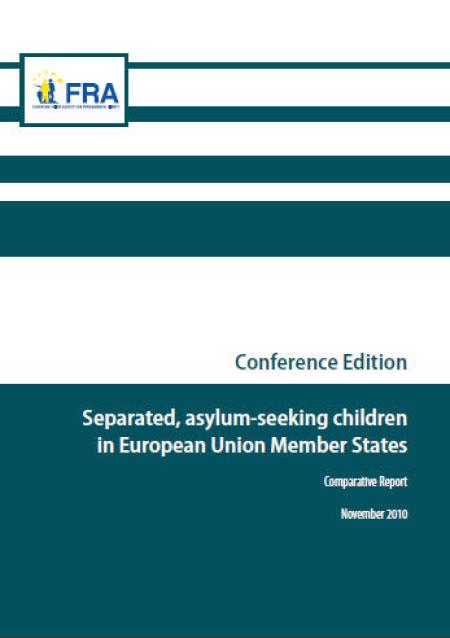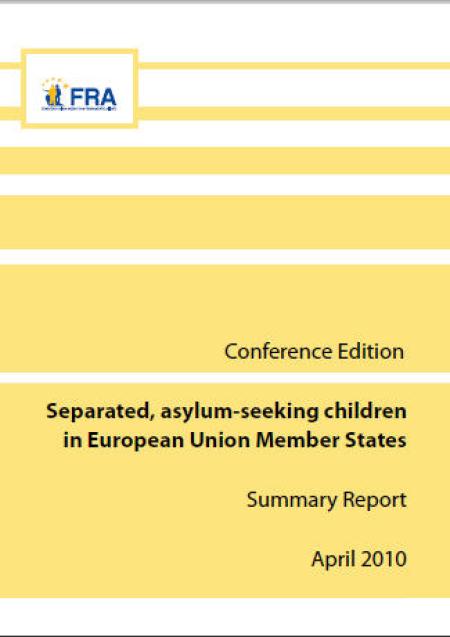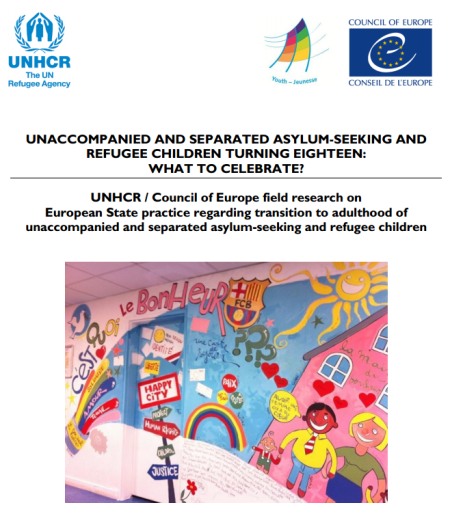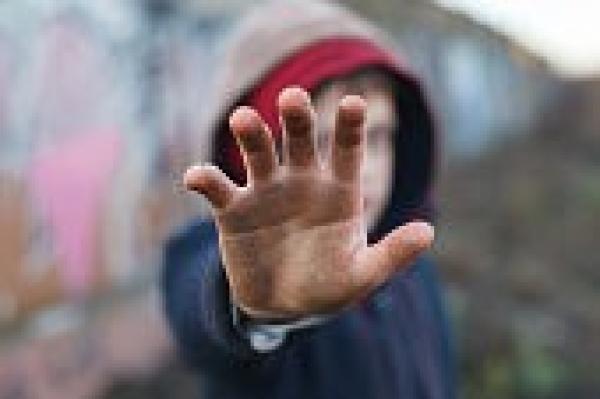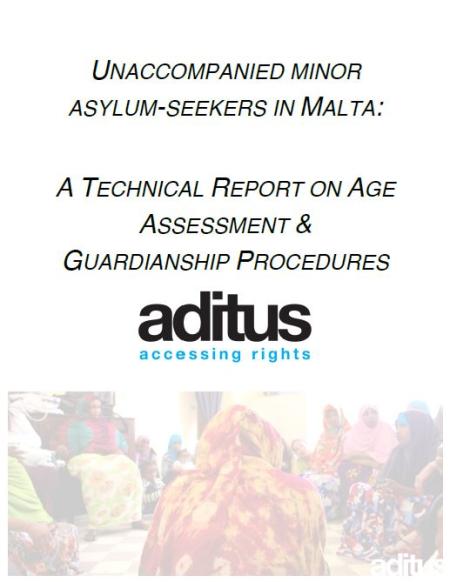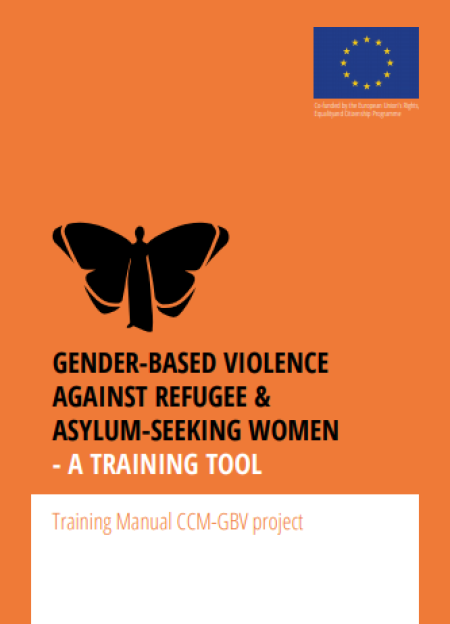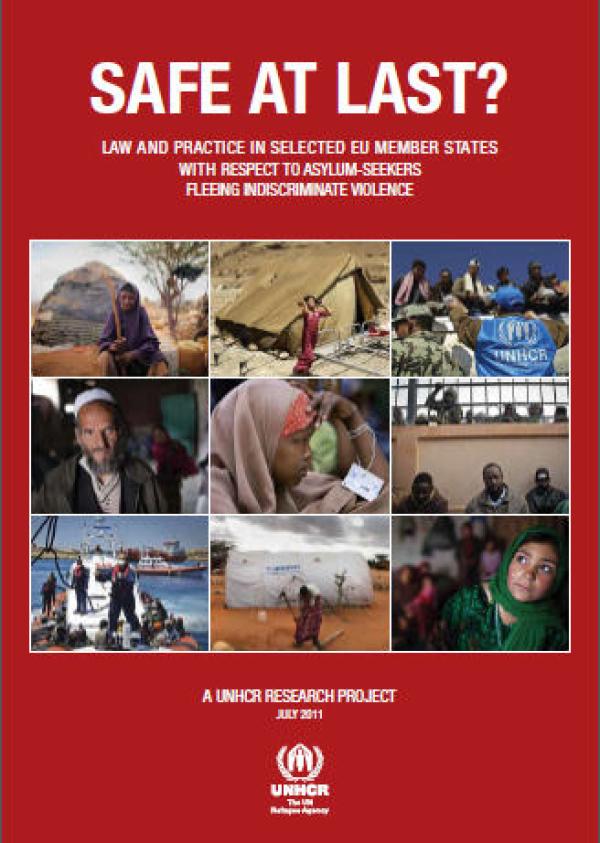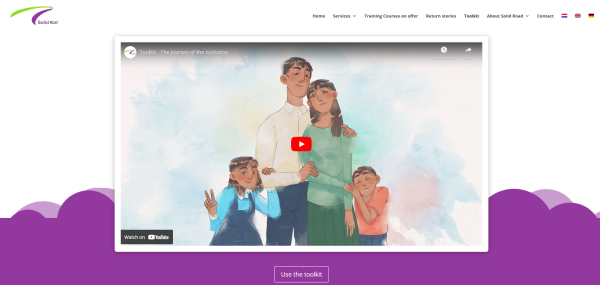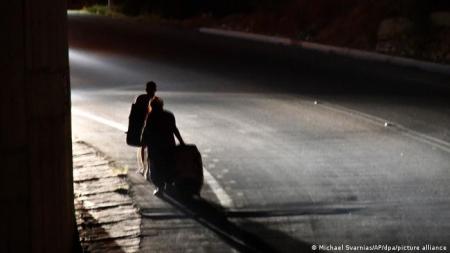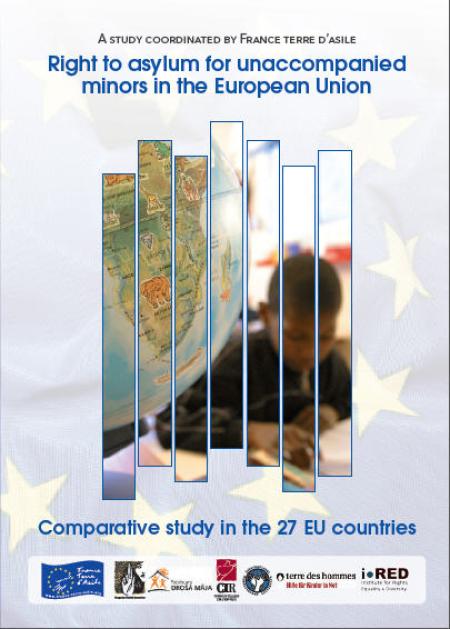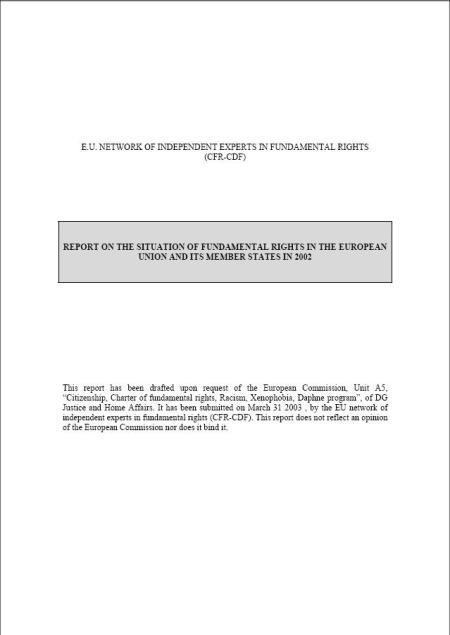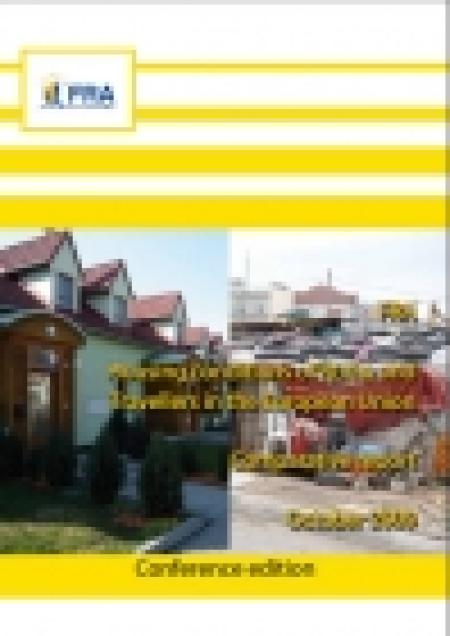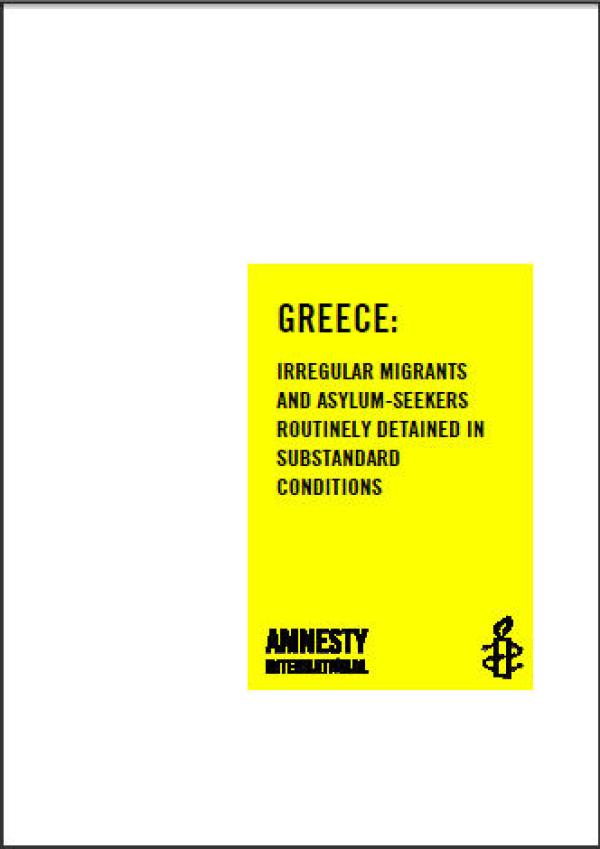
This report examines the experiences and views of separated, asylum seeking children and those of adults responsible for their care across 12 European Union Member States. It addresses the need to incorporate children’s views and accounts of their experiences into work that seeks to inform policy action. The FRA research results fill a gap in current knowledge about how separated, asylum-seeking children from different national, ethnic, religious and cultural backgrounds live in the European Union, by asking them directly about their opinions and experiences. It is based on fieldwork research which was outsourced to the International Organisation of Migration (IOM). The fieldwork research included 336 separated children from different countries – mainly originating from Afghanistan (22%), Morocco (just over 10%), Somalia (also just over 10%) and Iraq (9%) – as well as 302 adults responsible for assisting or working with these children, comprising care workers, social workers, teachers, psychologists, health specialists, legal guardians, legal practitioners, government officials – including law enforcement officers – interpreters and researchers. The fieldwork was carried out during 2009 in Austria, Belgium, Cyprus, France, Hungary, Italy, Malta, the Netherlands, Poland, Spain, Sweden and the United Kingdom. According to the United Nations (UN) Convention on the Rights of the Child (CRC), a child temporarily or permanently deprived of his or her family environment shall be entitled to special protection and assistance provided by the state. The latter shall ensure alternative care for such a child in accordance with national laws and, when considering solutions, due regard must be given to the desirability of continuity in a child’s upbringing and to the child’s ethnic, religious, cultural and linguistic background. The CRC also requires states to take appropriate measures to ensure that asylum-seeking and refugee children, unaccompanied or accompanied by their parents or by any other person, receive appropriate protection and humanitarian assistance in the enjoyment of their rights. On 3 June 2010, the Council of the European Union, in its conclusions on unaccompanied minors invited the European Commission to assess whether EU legislation on unaccompanied minors offers them sufficient protection. The Council asked the Member States to monitor the quality of care provided for them in order to ensure that “the best interest of the child is being represented throughout the decision-making process”. This report complements the parallel study of the European Migration Network (EMN) regarding policies on reception, return and integration arrangements for and numbers of unaccompanied minors; seen together, the ERN study and FRA report provide significant added value assisting ongoing policymaking at EU and national level.


